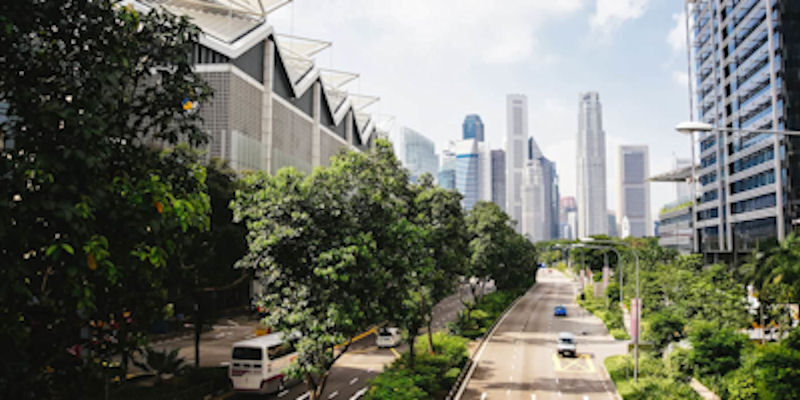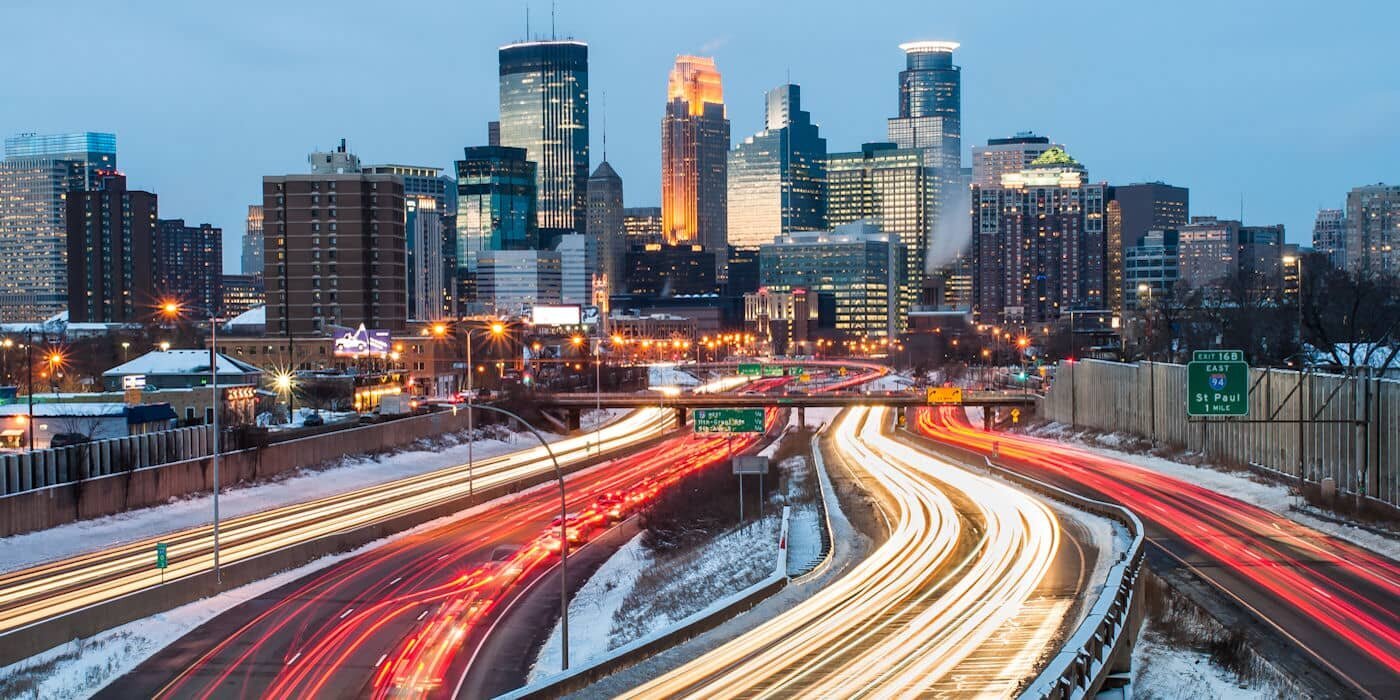- Faculty of Environment
- School of Geography
- Research and innovation
- Social Justice, Cities, Citizenship
Social Justice, Cities, Citizenship
Social Justice, Cities, Citizenship
We work on issues of social justice and citizenship from local to global scales with an eye to past, present and future challenges. In the context of increasingly diverse societies, unequal cities and uneven impacts of climate change, we develop innovative research, often in collaboration with civil society organisations and community groups to overcome discrimination, injustice and disempowerment and to achieve a fairer world.
We are involved in a variety of local to international research partnerships from small NGOs to government departments. This work is supported through our successful track record of external funding from a variety of national and international sources such as UK research councils, European Union, British Academy and Leverhulme Trust.
Research strengths include:
- Housing struggles and alternatives: researching how housing is deeply embedded in unequal economic and social structures and how to change that. Our work looks at financialisation of housing across Europe, housing vulnerability and diverse tenancies in the US, privatisation of housing estates in London or anti-eviction campaigns in Spain and Greece. We also research and work alongside innovative grassroots initiatives to promote sustainable and affordable housing such as Leeds Community Homes.
- Social movements and scholar activism: working alongside social movements and community groups that are involved in environmental, social and urban justice. We have developed innovative methodological and theoretical insights into what it means to be a scholar activist. Our work has included collaborations with peasant farmers in South Asia, housing and community groups campaigning against privatisation and gentrification in Leeds, London and Latin America, environmental activists in Leeds and across Europe, migrant rights groups in Leeds the UK, Europe and North Africa and arts organizations across Europe.
- Migration, precarity and securitisation: promoting a complex understanding of the precarity of some of the most vulnerable groups and the geographical implications from global migration, borders and the increasing fortressing of everyday life. Some of this research has exposed the precarity of asylum seekers’ lives in the UK who are driven into forced labour. Our research demonstrates the increasing securitisation and militarisation of migration policies and humanitarianism. At the same time, our work also highlights the organising strategies and solidarity mechanisms of these vulnerable groups.
- Contested urban transformations and sustainable future cities: challenging the existing neoliberalising trends in urban policy, such as gentrification, mega-developments, privatisation of public spaces, and displacement as well as looking for more democratic and sustainable forms of urban life. This work takes us from rapid urbanisation in China to the gentrification of retail spaces in Europe and Latin America. We also study and get involved in participatory governance practices and community planning in Leeds, London and grassroots-led cities in Spain.
- Identity, difference, citizenship and human rights: intervening in debates regarding social cohesion, integration, exclusion, national values and how people live with difference in an era of rapid change. Our work strives to rethink collective identities formed around gender, sex, age, religion, race or ethnicity to question their exclusionary boundaries. Examples of this work include research on inter-generational justice and the role and struggles of female politicians in Mexico.
- Consumption, public space and the arts: pursuing innovative concepts and methodologies for examining past, current and future consumer cultures and public arts practices. In particular we have pioneered work on the contested ways in which public users, and socially marginalised communities in particular, produce and consume urban public art, including queer memorials, in contexts that are increasingly integrated with digital dimensions. We have also spearheaded research into cosmetic surgery tourism as well as historical work on consumer cooperatives in the UK and changing consumption aspirations in climate-threatened spaces.
Contact us
If you would like to discuss an area of research in more detail please contact: Dr Deirdre Conlon or Dr Michael Janoschka.
Research degrees
Whether you’re looking to begin an academic career or want to develop your skills and expertise for a career in industry, studying for a PhD will be a journey that will stimulate your passion for your subject and push you to reach your potential.
If you’d like to start your own research project, the first thing you must do is find a supervisor. They must be experts in the topic you’re interested in to ensure that your research is accurate and adding to current knowledge. When you contact a potential supervisor please be prepared to discuss your area of research, proposed topic and research interests.

Study with us
We teach masters programmes and undergraduate modules based on our latest research, enabling students to acquire skills and knowledge that are in demand in the real world.
This includes the Sustainable Cities MSc, which brings together energy systems, transport networks, housing provision, and urban ecosystems to discover how these systems can be transformed to produce better economic, environmental, and social outcomes.





